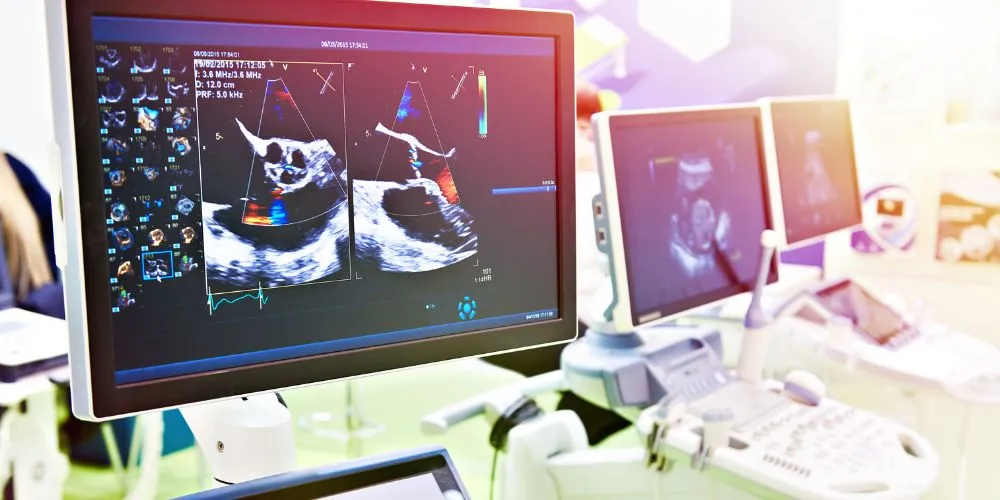In healthcare, innovation is accelerating at an unprecedented pace, with embedded medical systems emerging as a cornerstone of transformation. These systems are redefining patient care, diagnostics, and treatment approaches by seamlessly integrating cutting-edge technology with medical expertise. In this article, we delve into the world of embedded medical systems, exploring their significance, challenges, and the profound impact they hold in shaping the future of healthcare.
Fusing Technology and Wellness
Embedded medical systems represent the convergence of medical science and technology, resulting in solutions beyond traditional medical tools. These systems encompass various applications, from patient monitoring and medical imaging to telemedicine and implantable devices. Integrating sensors, processors, connectivity, and medical expertise empowers healthcare professionals to deliver precise, personalized care and allows patients to manage their health actively.
Consider the example of a wearable health monitor. These devices use embedded medical technology to provide real-time insights into a user’s health and are equipped with sensors to track vital signs such as heart rate, blood pressure, and sleep patterns. This integration of technology and healthcare enables individuals to monitor their well-being and share data with medical professionals for informed decision-making.
Impact of Embedded Medical Systems
The impact of embedded medical systems goes beyond technology—it directly touches the lives of patients and healthcare providers. These systems empower patients to engage more in health management, providing accessible and actionable data. For healthcare providers, they enhance diagnostics, streamline workflows, and enable remote patient monitoring, improving efficiency and patient outcomes.
Consider the application of remote patient monitoring in chronic disease management. It allows healthcare providers to track patients’ health data from a distance, alerting them to any concerning trends. This approach reduces hospital readmissions and enhances patients’ quality of life by allowing them to manage their conditions from their homes.
Challenges of Embedded Medical System Development
While embedded medical systems have immense potential, their development comes with a unique set of challenges. Ensuring the accuracy and reliability of medical data is paramount, as decisions based on erroneous information could have serious consequences. Developing algorithms and sensors that accurately capture and interpret medical data requires rigorous testing and validation.
Moreover, regulatory compliance and patient privacy are critical considerations in healthcare technology. It must adhere to stringent medical device regulations, ensuring they are safe, effective, and well-maintained. Additionally, robust security measures must be in place to safeguard sensitive patient information and prevent unauthorized access.
Navigating the Embedded Medical System Landscape
The development of embedded medical systems thrives on collaboration between medical professionals, engineers, software developers, and regulatory experts. This interdisciplinary approach ensures that medical systems are technologically advanced and compliant with medical standards, regulations, and ethical considerations.
Consider the partnership between a medical device company and a research institution to develop an implantable medical device. By integrating embedded medical technology with bioengineering expertise, the team can create a device that monitors a patient’s health metrics and delivers medication when needed. This innovation enhances patient outcomes and redefines the way chronic conditions are managed.
The Future of Embedded Medical Systems
As we look to the future, the vision for embedded medical systems becomes even more promising. The growth of Artificial Intelligence (AI) in healthcare, the advancement of telemedicine, and the integration of genomics will drive embedded medical systems to be even more precise, personalized, and accessible.
Imagine a world where embedded medical systems use AI to analyze medical images, assisting radiologists in diagnosing diseases with unprecedented accuracy. Envision a future where telemedicine platforms integrated with embedded technology allow patients to consult with healthcare professionals remotely, ensuring access to medical expertise regardless of geographical location. These possibilities become attainable as embedded medical systems evolve and redefine the healthcare landscape.
Conclusion
Embedded medical systems are not just about technology—they’re about empowering patients, enabling better healthcare delivery, and redefining how we approach well-being. By integrating medical science with technology, we are ushering in a new era of healthcare that embraces precision, personalization, and patient-centered care.
In an era where health is paramount, the significance of embedded medical systems cannot be overstated. Through collaboration, adherence to medical regulations, and a commitment to improving patient outcomes, medical professionals and engineers can harness the potential of embedded medical systems to create transformative solutions that reshape healthcare. As we continue to explore the dynamic landscape of medical technology, let us recognize that embedded medical systems are not just improving health—they’re advancing a future of more informed, connected, and healthier lives.





